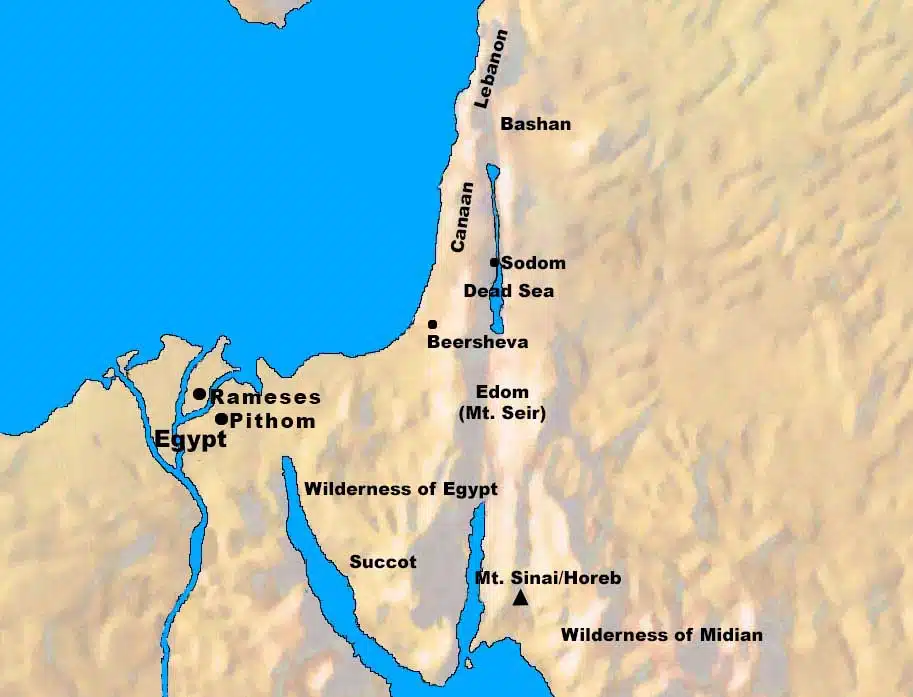The LORD describes what Moses needed to do with the ram’s breast. It was to be a wave offering to the LORD and then given to Aaron and his priests. It was also meant to be a heave offering as well as a wave offering.
The breast of Aaron’s ram of ordination was given special treatment. It was to be waved as a wave offering before the Lord, and instead of it being burned like the rest of the animal’s body, the ram’s breast was to be the priests’ portion. This meant that it could be eaten by the priests. They were to consecrate (Heb. “qadash,” “to dedicate for special use”) the breast of the wave offering and the thigh of the heave offering which was waved and which was offered from the ram of ordination, from the one which was for Aaron and from the one which was for his sons.
The heave offering was, like the wave offering, a special offering for the priests. The Hebrew translated heave (“terumah”) is from the verb meaning “to be high.” This implies that this offering was to be raised as high in the air as possible to demonstrate that it was being given back to God who gave it to the offerer. These parts of the sacrificial animal (the breast and thigh) were set aside as food for the priests.
This ordination was to be for Aaron and his sons as their portion forever from the sons of Israel. It was in effect for all time, for it is a heave offering. It was a heave offering from the sons of Israel from the sacrifices of their peace offerings, even their heave offering to the Lord. When an Israelite brought a peace offering to the LORD, the breast and thigh of the animal belonged to the priests as a source of food for them to consume.
Biblical Text:
26 “Then you shall take the breast of Aaron’s ram of ordination, and wave it as a wave offering before the Lord; and it shall be your portion. 27 You shall consecrate the breast of the wave offering and the thigh of the heave offering which was waved and which was offered from the ram of ordination, from the one which was for Aaron and from the one which was for his sons. 28 It shall be for Aaron and his sons as their portion forever from the sons of Israel, for it is a heave offering; and it shall be a heave offering from the sons of Israel from the sacrifices of their peace offerings, even their heave offering to the Lord.
Check out our other commentaries:
-
Genesis 24:20-27 meaning
After Rebekah waters the camels, Abraham’s servant asks her who she is. She tells him she is the daughter of Bethuel, the son of Milcah...... -
Genesis 24:50-54 meaning
Laban says that God has ordained these events and that Rebekah should marry Isaac. Abraham’s servant praises God and gives gifts to the family. In...... -
Exodus 12:1-20 meaning
In preparation for the coming of the last plague, the LORD gave explicit instructions to Moses and Aaron about how to commemorate their deliverance by...... -
Daniel 4:10-13 meaning
Nebuchadnezzar recounts his dream....... -
Matthew 5:13-16 meaning
Following the chiasm often called the “Beatitudes” Jesus uses the metaphors of ‘salt’ and ‘light’ to describe His disciples and the impact they are to......



